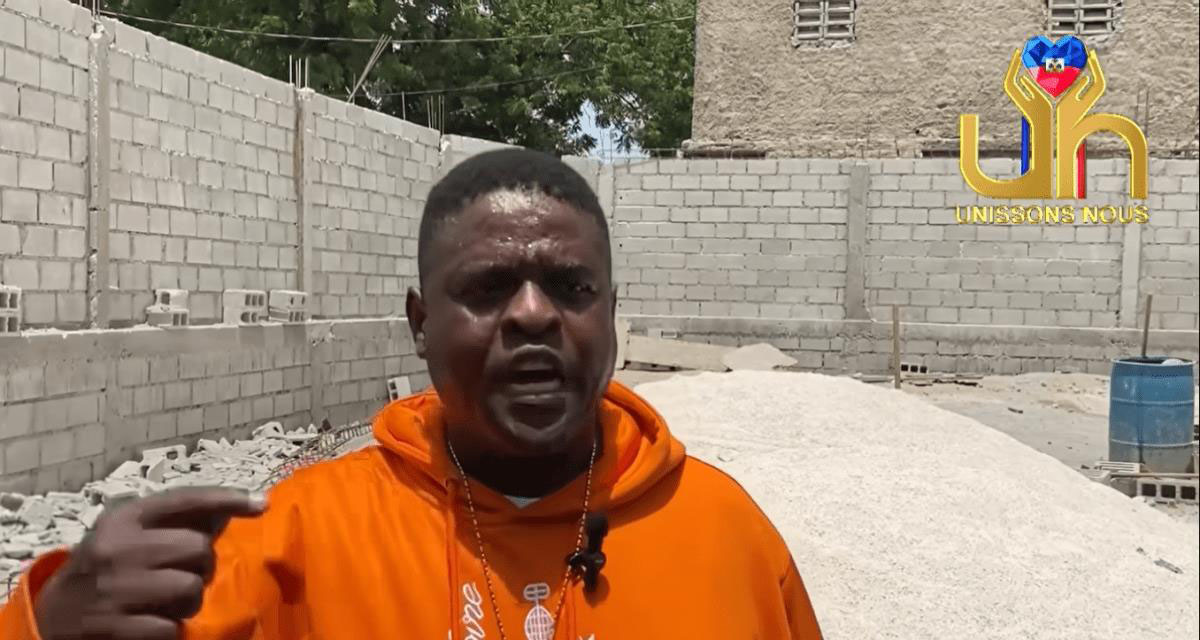PORT-AU-PRINCE, (Reuters) – Haitian gang leader Jimmy Cherizier, also known as Barbecue, warned yesterday he will keep trying to oust Prime Minister Ariel Henry, and asked families to keep children from going to school to “avoid collateral damages,” as violence surges in parts of the capital.
Heavy gunfire and traffic disruptions were seen in some areas of Haiti’s capital, the U.S. embassy in Haiti said earlier on social media.
“The battle will last as long as it needs to. We will keep fighting Ariel Henry. To avoid collateral damage, keep the kids at home,” the gang leader said at a press conference.
Cherizier is a former police officer who heads an alliance of gangs and disrupted the country when he blocked its biggest oil terminal in 2022.
He has faced sanctions from both the United Nations and the United States Department of Treasury.
Violence has ramped up during Prime Minister Ariel Henry’s visit to Kenya this week.
The two countries signed earlier in the day a deal to secure a plan to send 1,000 police officers to lead a U.N.-approved mission aimed at tackling gang violence in the Caribbean nation.
Clashes left four police officers dead on Thursday, according to the national police trade union.
Kenyan President William Ruto yesterday said an agreement had been signed with Haiti.
“I am pleased to inform that (Haiti) Prime Minister Ariel Henry and I have witnessed the signing of this instrument. We have also discussed the next steps to enable the fast-tracking of the deployment,” Ruto said at the signing ceremony, according to Reuters.
Haiti requested help in 2022 as the violence surged but could not find a country willing to lead a mission.
Many governments have been wary of intervening to support Henry’s unelected administration in a nation where previous missions have been dogged by human rights abuses.
Besides Kenya, The Bahamas has committed 150 people, and Jamaica and Antigua and Barbuda said they were willing to help. Earlier this week, Benin offered 2,000 troops.





